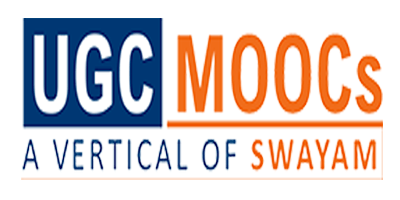Department of Chinese
Unique Practices of the Department
The Department of Chinese Language and Culture at Visva-Bharati represents one of the most pioneering academic initiatives in India dedicated to the study of China in its linguistic, literary, and cultural dimensions. Rooted in Gurudev Rabindranath Tagore’s vision of Visva-Bharati as a “meeting ground of cultures,” the department has developed a distinct academic identity that blends rigorous language instruction with a holistic exploration of Chinese civilization. What makes the department truly unique is its integrated pedagogical approach. Language acquisition is not treated in isolation but is interwoven with cultural literacy, historical awareness, and philosophical inquiry. Students acquire proficiency in spoken and written Mandarin while simultaneously engaging with Chinese classical texts, modern literature, the history of thought, contemporary society, and artistic traditions. This ensures that the study of Chinese goes beyond grammar and vocabulary, cultivating a deep appreciation of the intellectual and cultural heritage that the language embodies.
The department also fosters comparative and cross-cultural studies, a legacy that resonates with Tagore’s vision of India’s dialogue with Asia. Through academic programs and research initiatives, it emphasizes the historical and philosophical connections between India and China, exploring parallels in literature, religion, aesthetics, and socio-political movements. This comparative framework equips students and researchers with the tools to understand Asia not as fragmented regions but as an interconnected civilizational continuum. Another unique practice of the department is its commitment to experiential learning and cultural immersion. Beyond classroom instruction, students participate in seminars, cultural workshops, calligraphy sessions, film screenings, and interactive dialogues with visiting Chinese scholars and artists. Exchange programs and academic collaborations further provide first-hand exposure to contemporary China, bridging the gap between theory and lived experience. The department also nurtures a strong tradition of research and documentation, producing scholarly contributions that enrich the fields of Chinese studies and intercultural dialogue. Faculty and students engage in projects that examine Chinese language innovations, literature, the history of ideas, and their resonance within broader Asian and global contexts. In all these dimensions, the Department of Chinese Language and Culture at Visva-Bharati stands out as more than just a center for language learning. It is a living laboratory of intercultural engagement, where the spirit of Tagore’s vision—“where the world makes a home in a single nest”—is realized through the dialogue between India and China.






